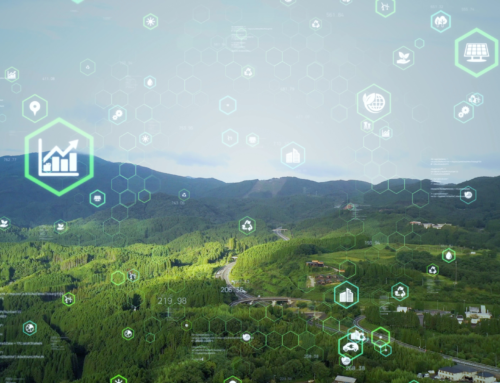Advancing NMR Spectroscopy with Nanalysis and Hansa Fine Chemicals
Nuclear Magnetic Resonance (NMR) spectroscopy is a vital analytical chemistry technique used in quality control and research to determine the content, purity, and molecular structure of samples. Nanalysis Corporation (Alberta) has significantly enhanced the analytical capabilities of their benchtop NMR spectrometers through successful collaborations with partners in Germany.
Innovative Projects with German Partners
In the first project, Nanalysis Corp. partnered with Hansa Fine Chemicals GmbH and the Fraunhofer ICT-IMM Institute to develop an integrated continuous-flow analytical method based on a low-field NMR spectrometer. This method is now utilized to analyze and control industrially relevant fluoro-chemicals.
In a second project, Nanalysis collaborated with Voxalytic GmbH and the Light Technology Institute at the Karlsruhe Institute of Technology. Together, they developed pulsed field gradients and a software and server support platform for the autonomous data collection of aqueous samples by a low-field NMR spectrometer.
Currently, Nanalysis is working with RS2D (France) on a third project to build an advanced hardware system capable of handling diverse sample input methods and providing reliable autonomous operation.
Positive Outcomes for Nanalysis Corporation
Supported by the Alberta-Europe Technology Collaboration Fund, developed by Alberta’s Ministry of Jobs, Economy, and Innovation and delivered by the European-Canadian Centre for Innovation and Research, these collaborations have yielded substantial benefits:
- Filing of one new patent
- Creation of nine new trade secrets
- Hiring of 31 new employees
- A significant sixfold increase in revenue
- Continued collaboration with German partners in a new four-partner international project
- Establishment of a new German registered company, Nanalysis GmbH
Nanalysis Corporation has grown its international reputation and ability to collaborate on multiple international projects, building on the experience gained in ECCIR projects.






